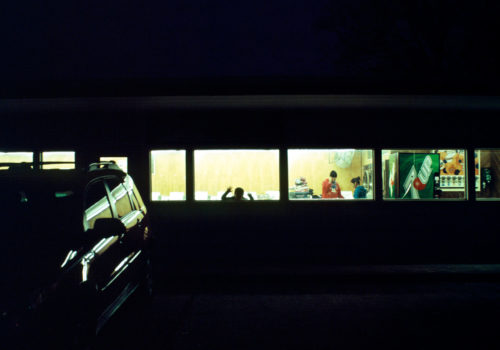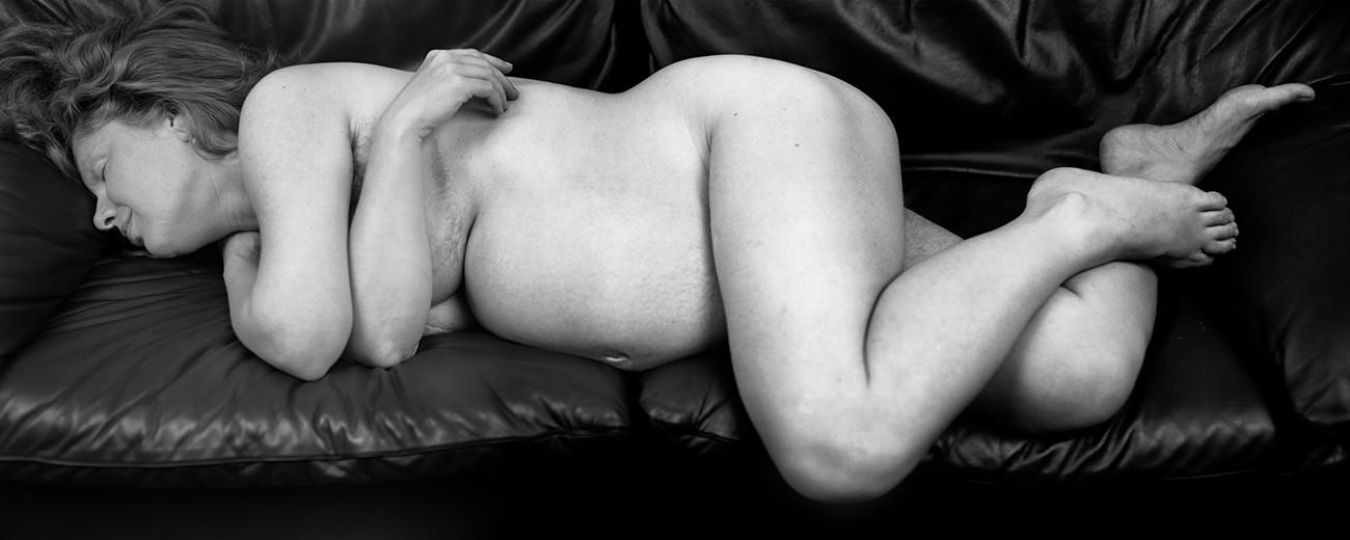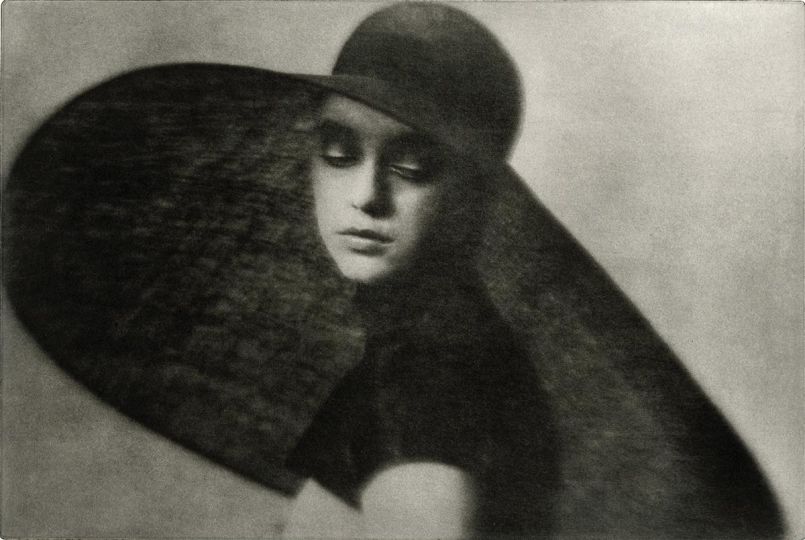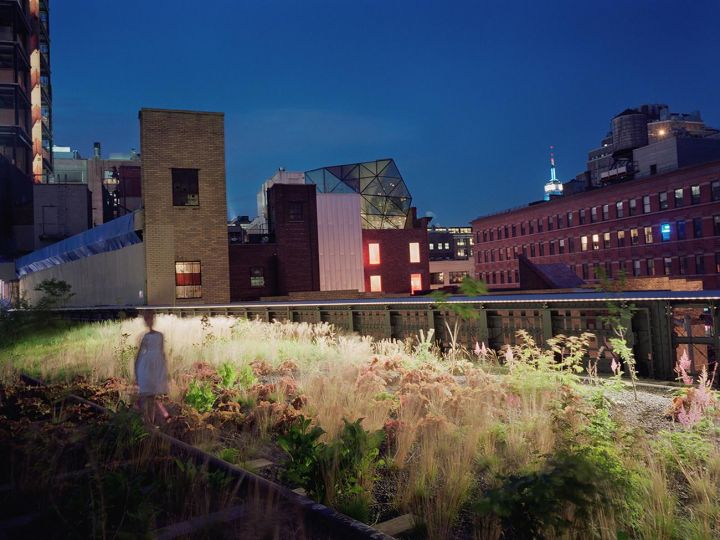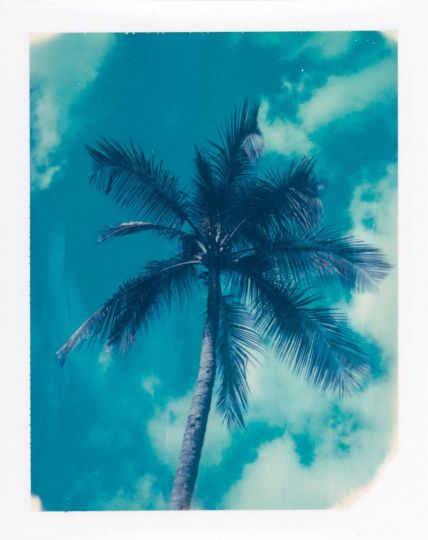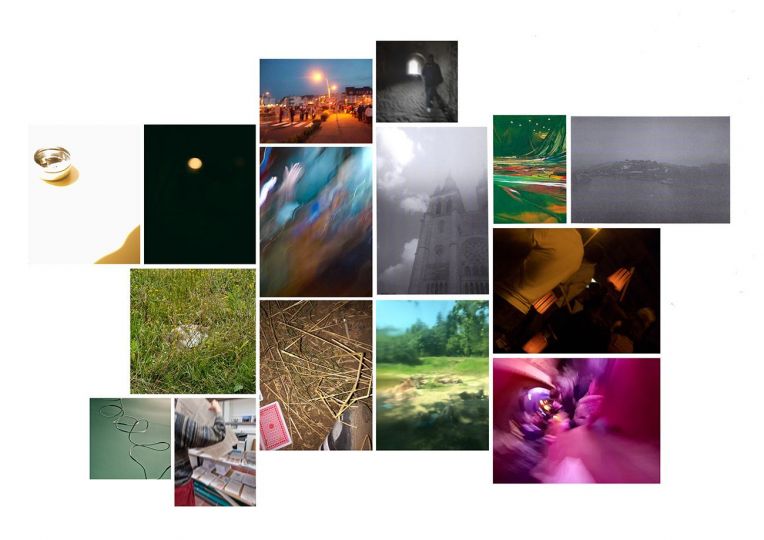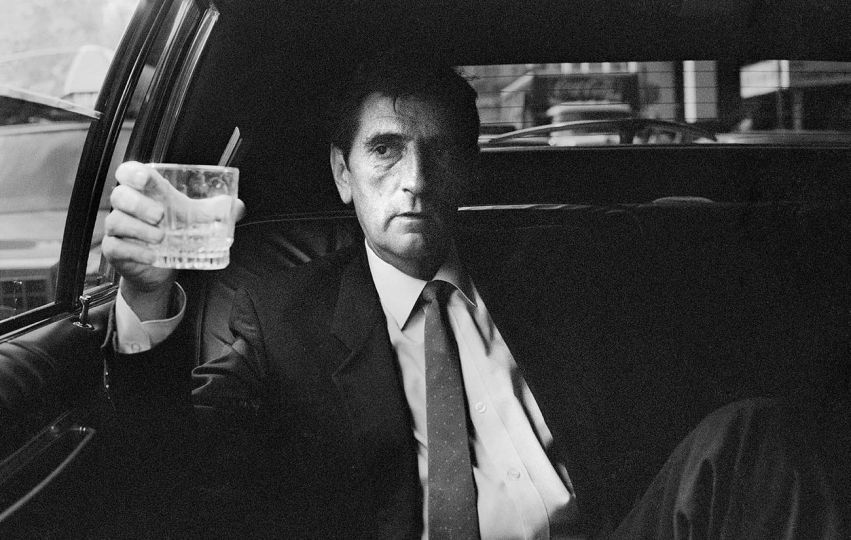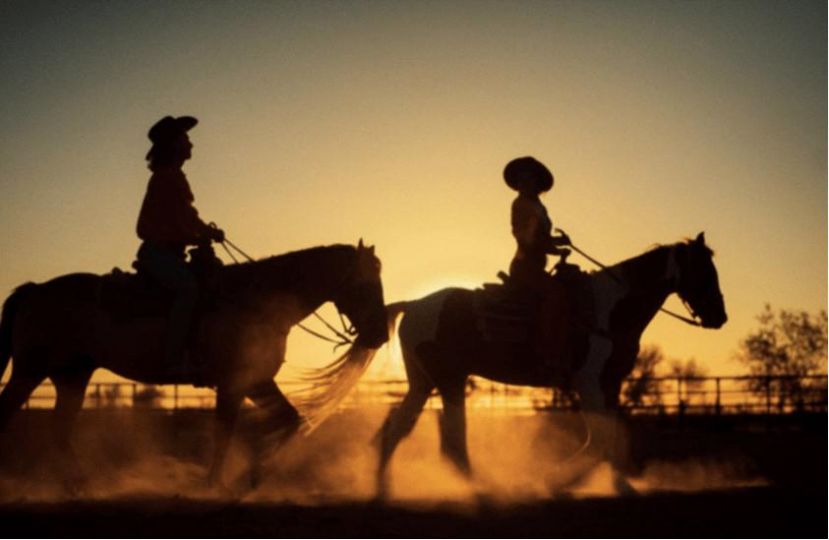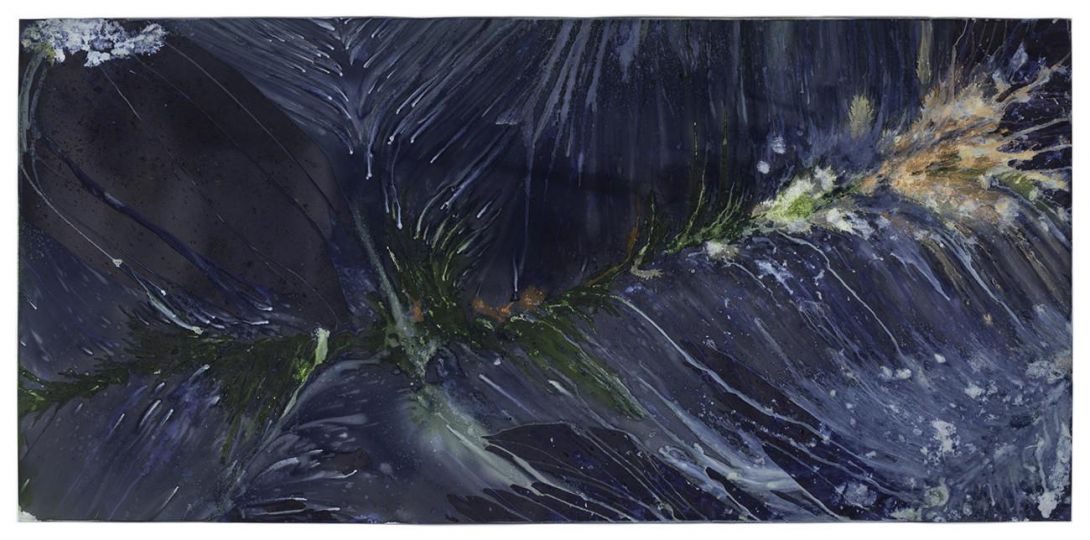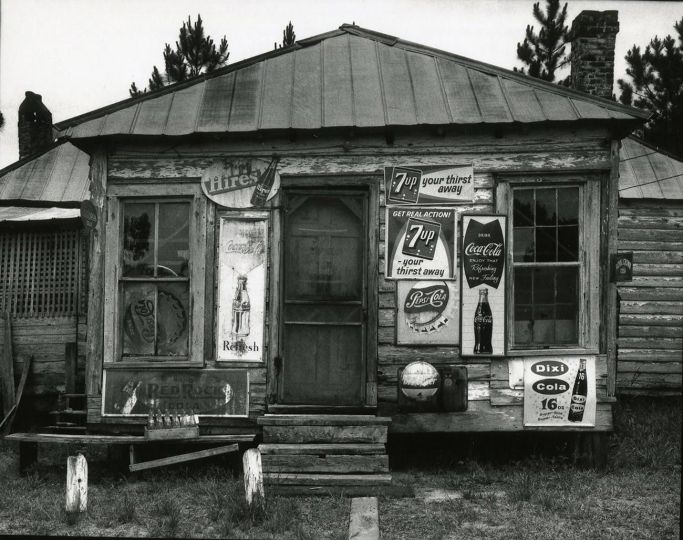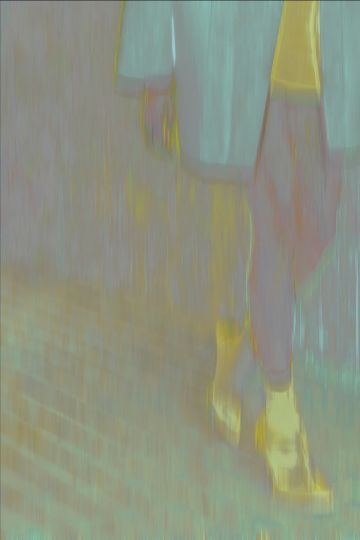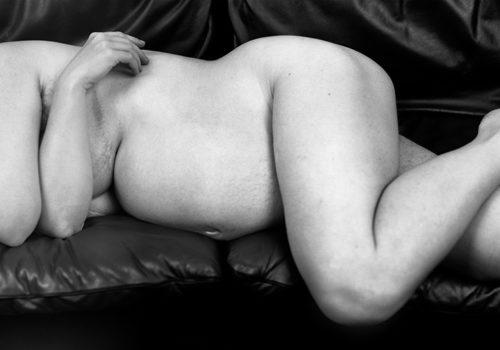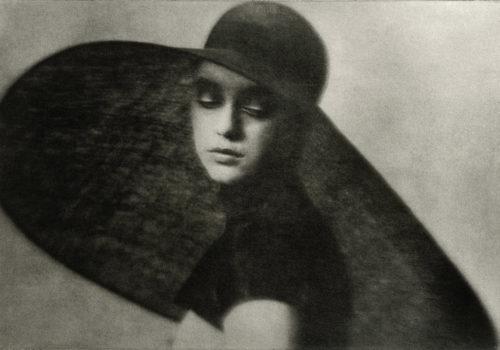Last week at the Parson School of Design in New York, Andrew Williams participated in a portfolio review the school organizes for students in their final year, giving them the opportunity to meet face to face with photo professionals, including the talented photographer Jen Davis. I quickly saw that Andrew’s work was exceptional. He shoots landscapes dotted with a few humans or animals, taken in New York and his hometown of Houston. They offer viewers a voyage in American poetry. Soon they will be collected in a book.
The following text was written by Katie Girlitan as an introduction to that book: You sit cross-legged on your bedroom’s window seat. Your right ankle rests under your left thigh, while your head leans against the glass. You see the scene that grew up simultaneously with your childhood; the window frames is the fictional home video that will later be labeled with Sharpie on VHS as “Your Suburban Neighborhood Firsts.” The pared down American landscape allows for a sort of timelessness, and thus you are perpetually and sensually reminded of the feelings that filled each of these firsts that have saturated your life up until this moment on the window seat. It’s that weird, twisted, oxymoronic essence of America that Andrew’s photos capture so honestly: that mundaneness that allows us to feel whatever it is we could possibly be feeling. His work both documents the reality of a scene and creates an experience that any human can relate to. We can be the boy who earnestly looks through the binoculars, as he tries to immerse himself into his surroundings. We can feel that innocent fullness in our hearts, as we have the possibility to believe that anything is possible. All we have to do is stand on our toes and look through a lens or two. As we get older, we may lose this passionate curiosity, and thus we might become the adult golfers who, despite their immersion in the green field, are not much more than expressionless bodies. Or, we may become the static firefighters that stand motionless on the lawn. They are heroes without a cause, as they blend into the ambiguous smoke. It seems as if our generation has found it easier to abandon their hearts across America, allowing themselves to harmonize with that very mundaneness of our land. However, there are the few who have been able to see the beauty in the seemingly ordinary. They remind themselves that they can feel and that they are able to make a paradise out of what was lost. They look out their windows and imaginatively re-watch and revisit their home videos of America, only to then go out and record more.
Jonas Cuénin

